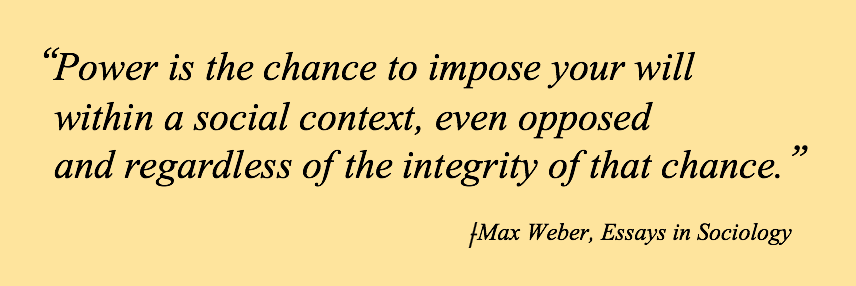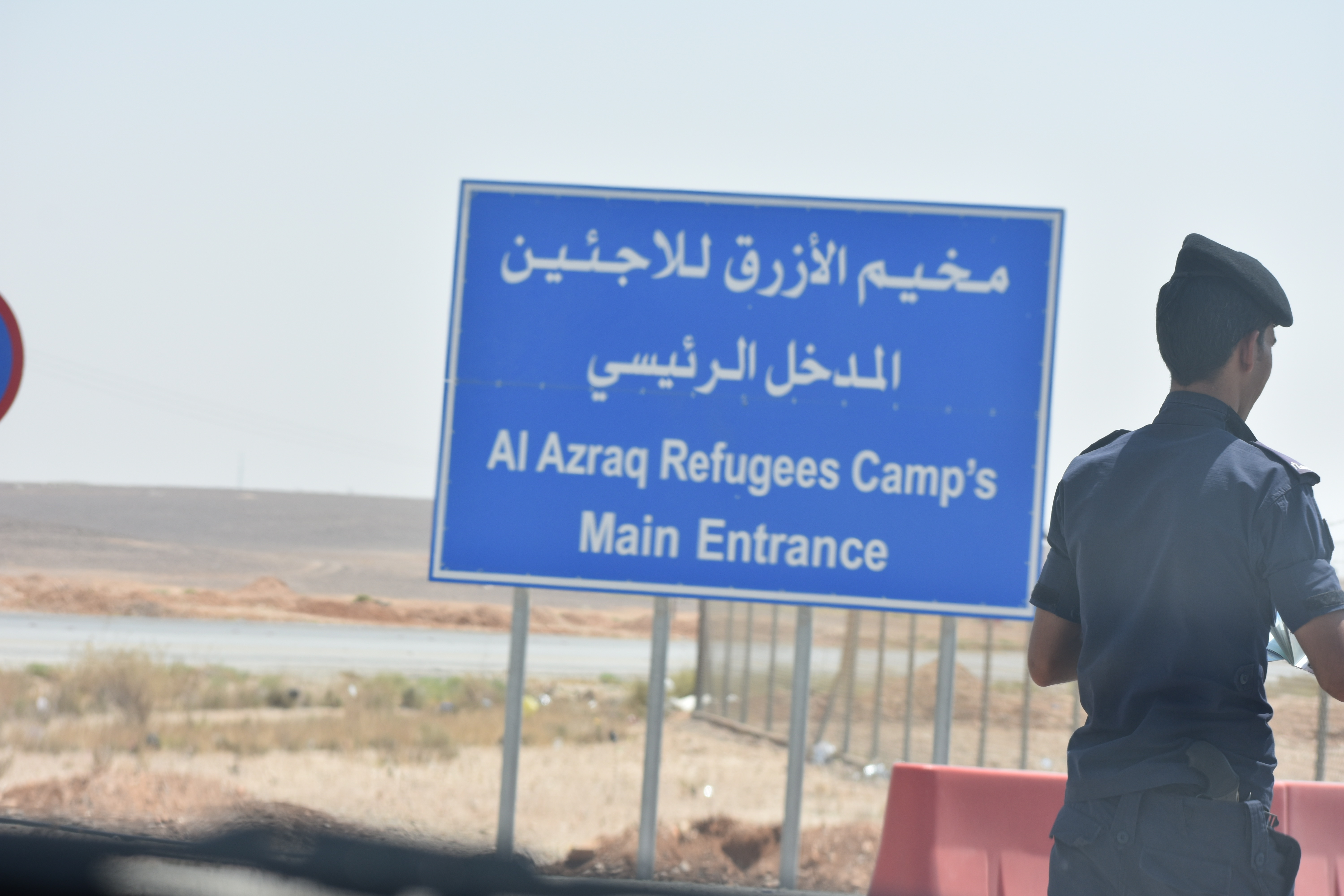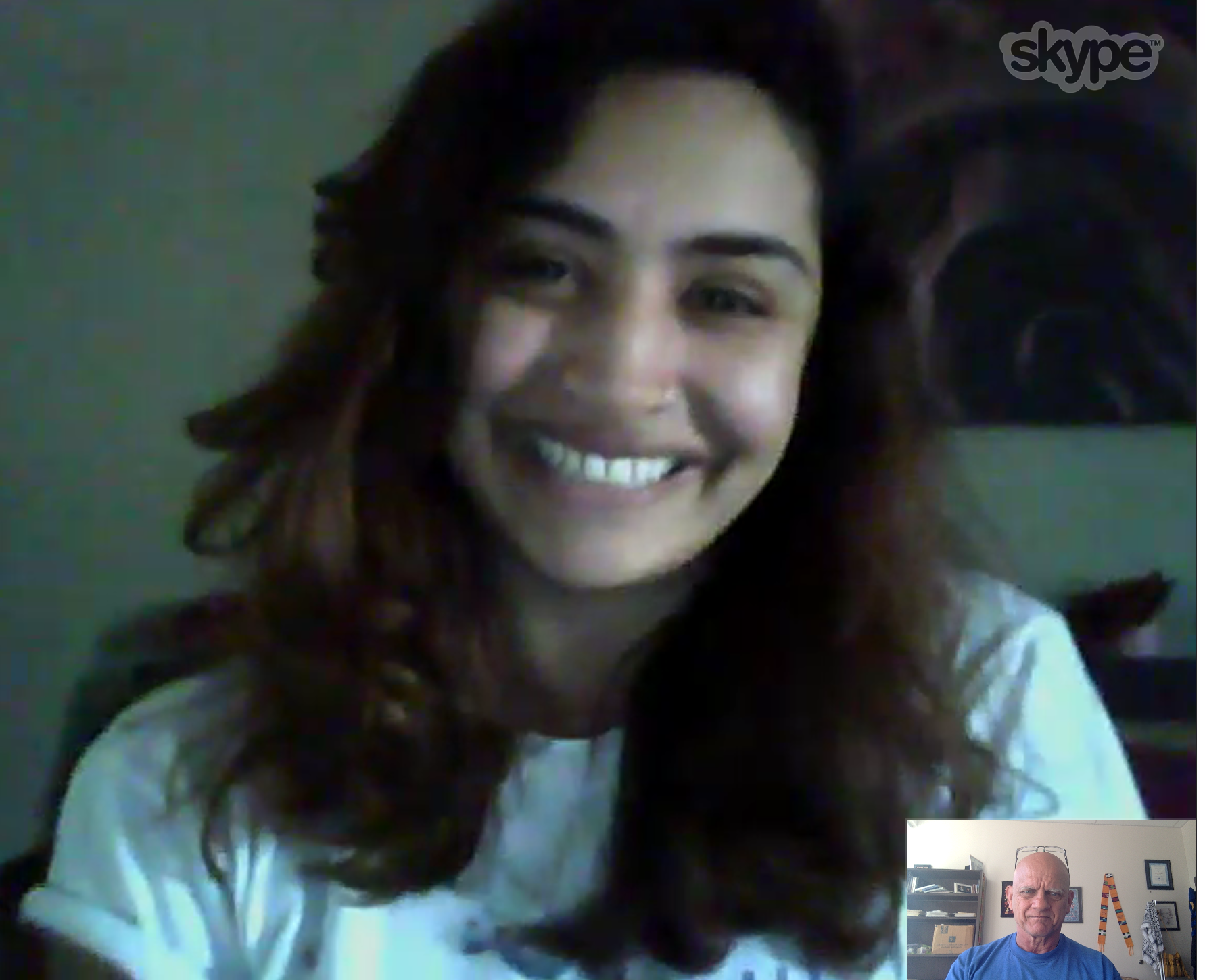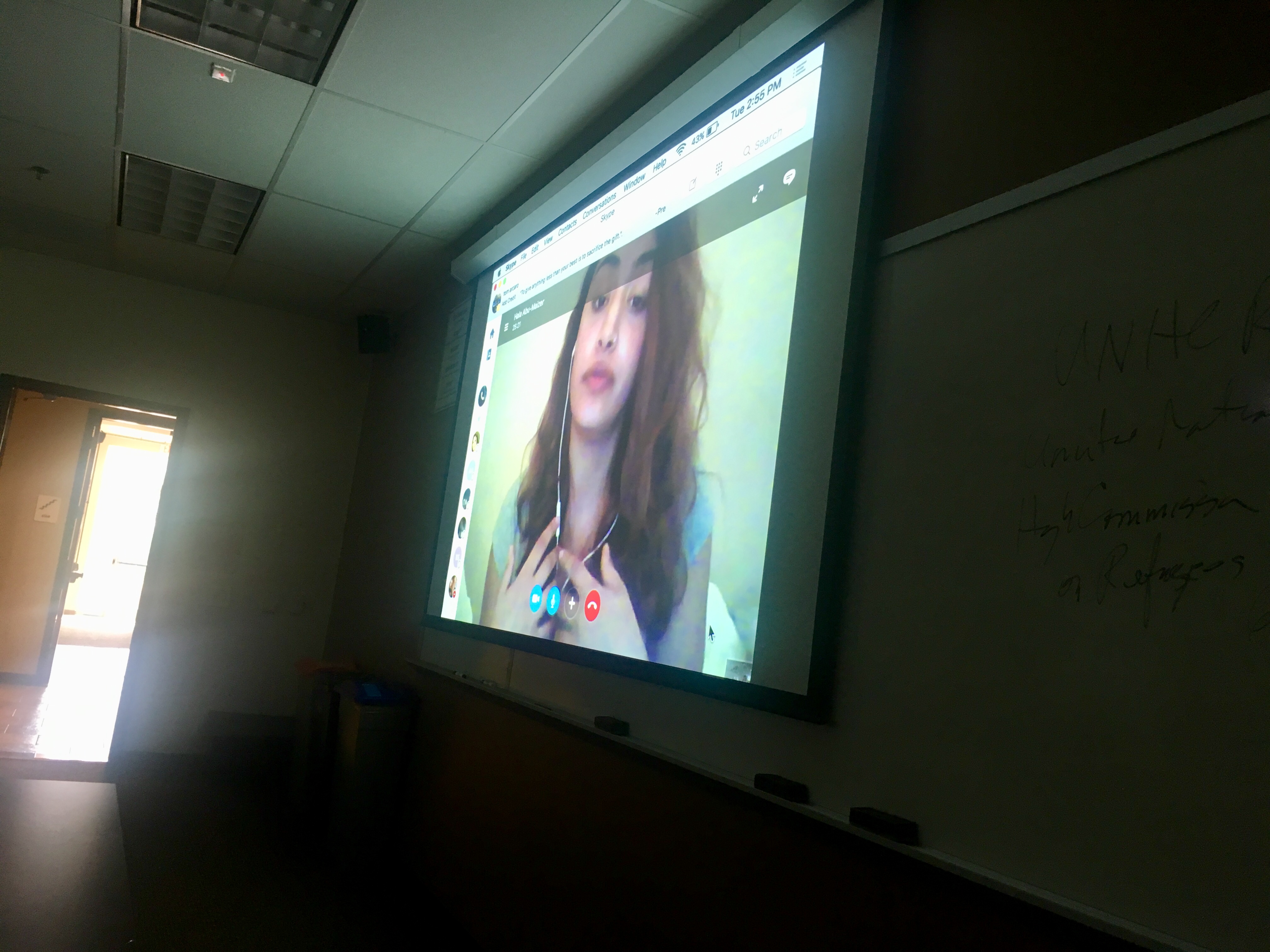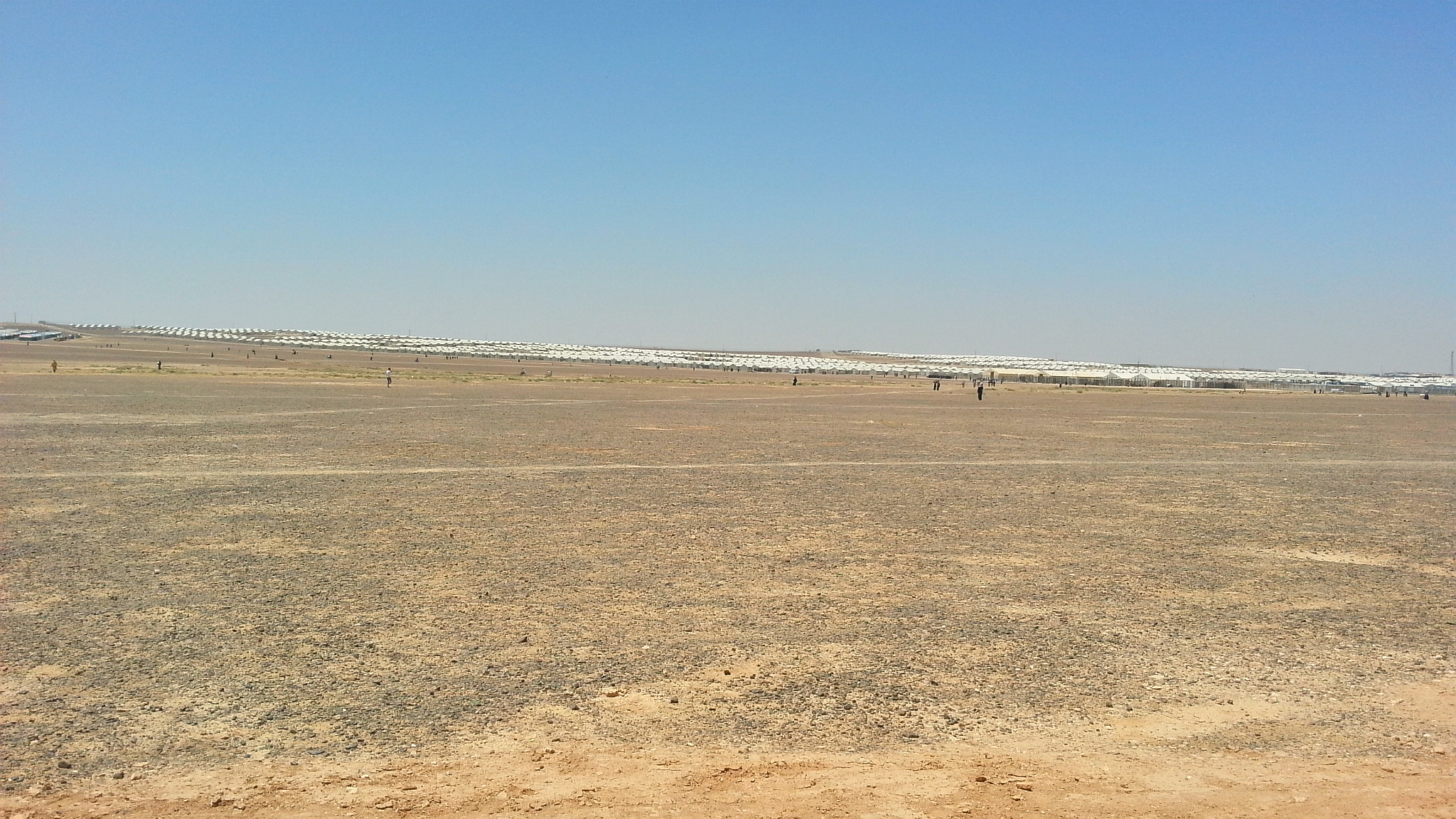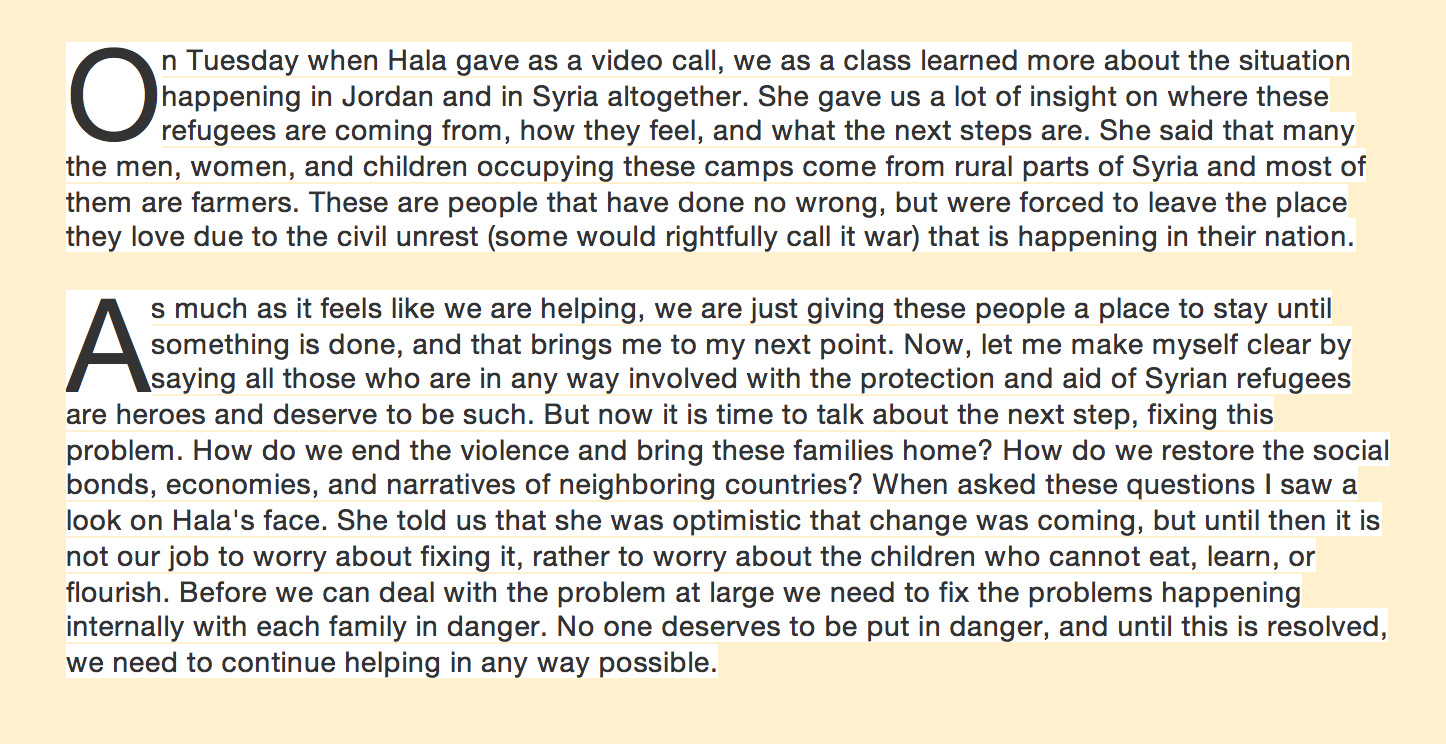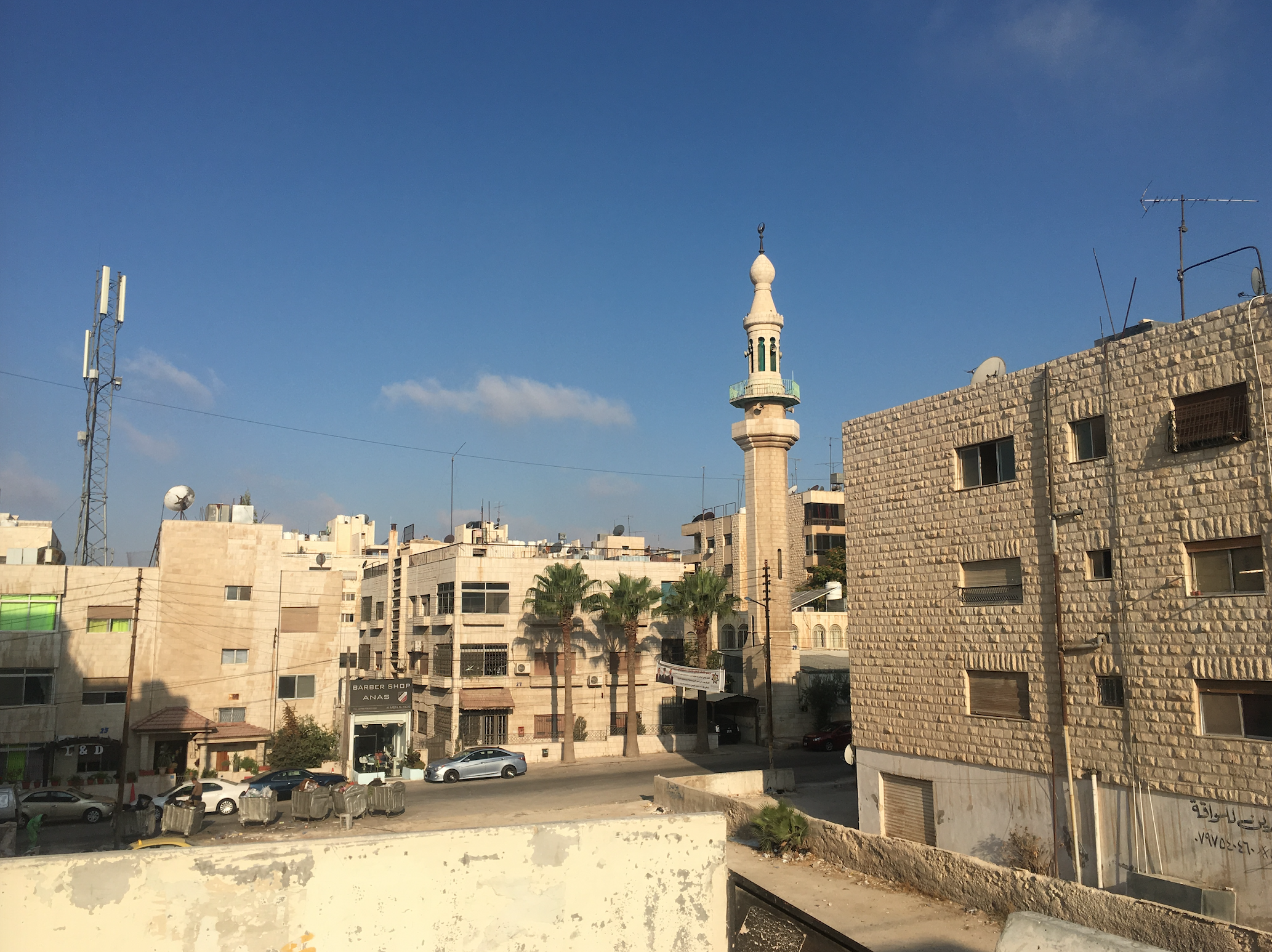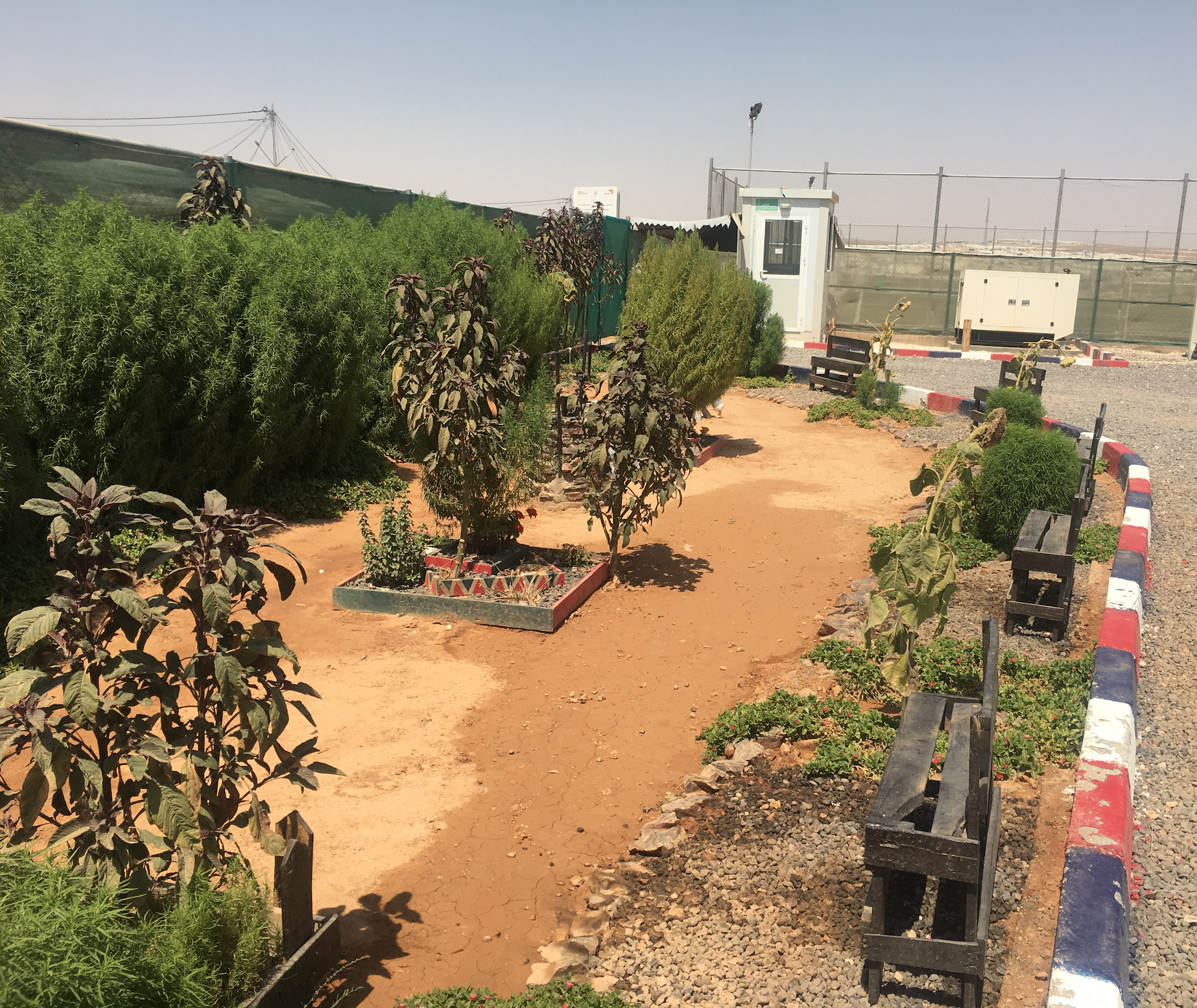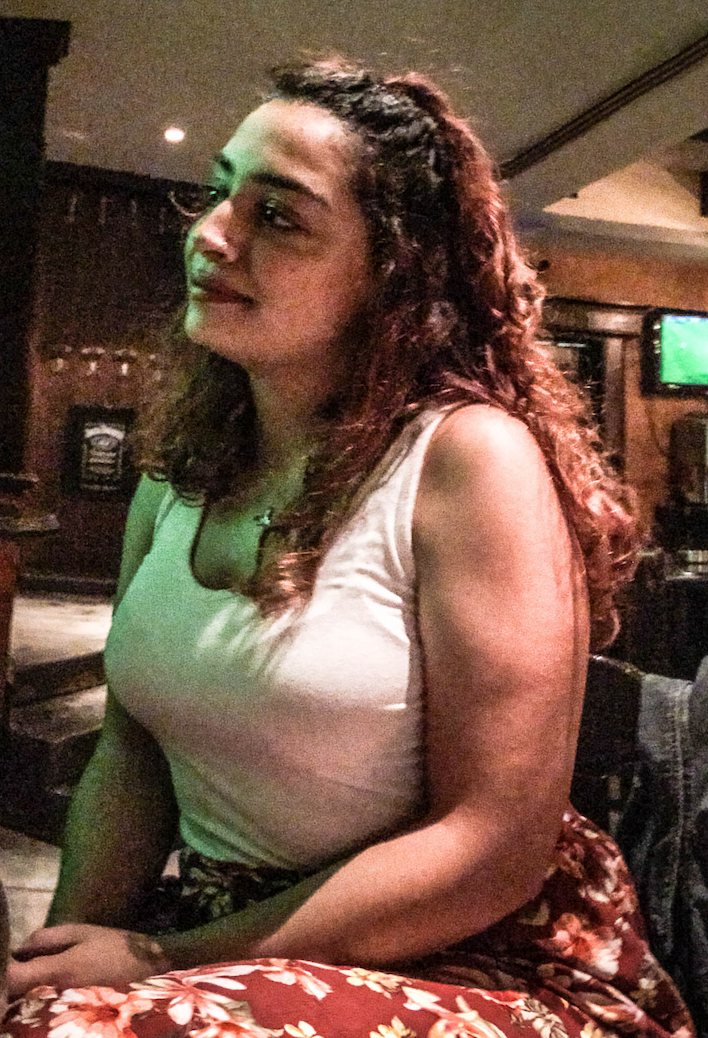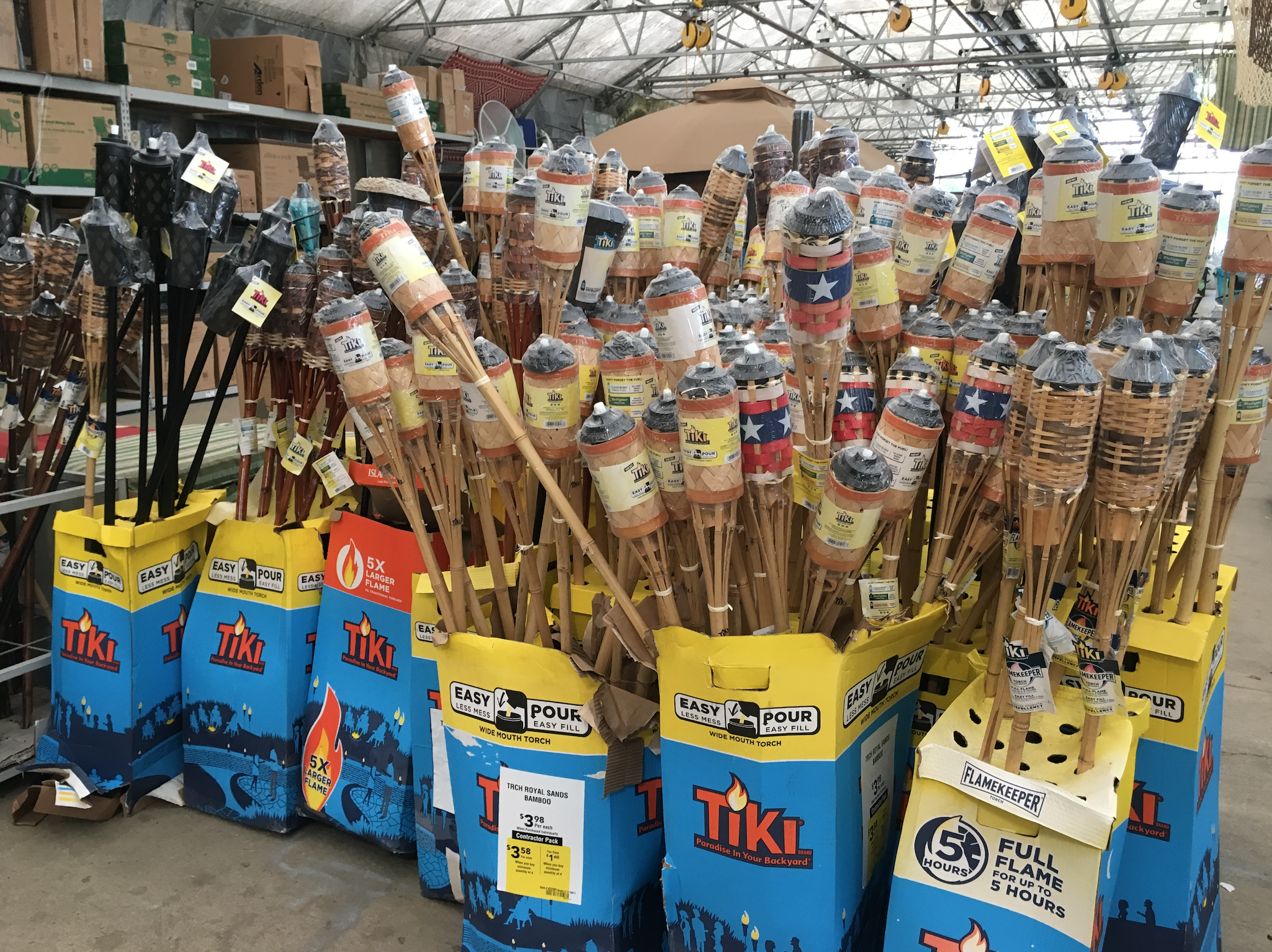“In contrast to those who suggest that we act as soon as the whistle blows, I suggest that, even before the whistle blows we ceaselessly try to know the world in which we live — and act. Even if we must act on imperfect knowledge, we must never act as if knowing is no longer relevant.” (p. 6)
—Mahmood Mandami in Saviors and Survivors
Some thoughts on ‘voluntourism’
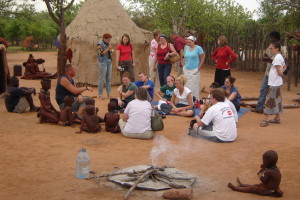
First, a definition
The usage of the term ‘voluntourism’ has increased exponentially in the last half decade and, for many, it carries negative connotations. For some voluntourism is one manifestation of the overtly disparaging “slacktivism” meme that has gained a lot of traction as well. This wikipedia article does a nice job reviewing the history, current status and controversies surrounding “volunteer travel.”
A conversation with a Jordanian aid worker
This semester I am teaching a class on the humanitarian sector, and I recently had a Jordanian aid worker, a communications manager, Skype into class from Amman, Jordan. Among the topics we discussed was his reaction to what he called ‘voluntourists,’ those who come to Jordan, travel to the refugee camps, and treat the experience like an open-air human zoo. Though they will deny this is the case, these people come looking to confirm stereotypes and preconceptions they already have, in many cases arriving in Jordan having done scant background research. The fact that only a relatively small percentage of Syrian refugees (less than 20%) actually live in camps like Azraq or Za’atari is lost on them. No, all -or even the majority- of visitors are not ‘voluntourists’, but enough fit the description to make national aid workers in Jordan wince as they see new faces arrive requesting a ‘tour.’ Though these visitors may have the best of intentions, only wanting to bear witness to those they want to understand and to help, the national aid workers responsible for arranging these visits must remain sensitive to rights of the those in the affected communities.
As James Dawes put it in his 2007 book That the World May Know: Bearing Witness to Atrocity, “This contradiction between our impulse to heed trauma’s cry for representation and our instinct to protect it from representation -from invasive staring, simplification, dissection – is a split at the heart of human rights advocacy.” (p. 9; emphasis in original).
During our Skype conversation we talked about the line between giving a voice and taking a voice. The comms staff person’s job is to give a voice, and the voluntourist, deliberately or unwittingly, tends to take a voice.
Required reading
Perhaps required reading for all humanitarians should be the March 2012 Atlantic article by Teju Cole “The White-Savior Industrial Complex” (with a nod to the dated but more-relevant-now-than-it-was then farewell address by President Dwight D. Eisenhower entitled “The Military-Industial Complex“).
Cole’s essay has become part of the cannon with regard to critiquing the activism and voluntourism efforts of many -mostly white- Americans, and it is cited or nodded to by an increasingly wide away of authors and bloggers. Cole famously made the point that “The White Savior Industrial Complex is not about justice. It is about having a big emotional experience that validates privilege.” His words challenge me and my students to examine our privileges: our Global North status, Americanness, our skin color (those who are ‘white’), our English language facility, and, perhaps most prominently, our [relative] wealth.
In an address to the Conference on InterAmerican Student Projects (CIASP) in Cuernavaca, Mexico, on April 20, 1968 US critic Ivan Illich raises the issue of doing unintentional harm, “… the Peace Corps spends around $10,000 on each corps member to help him adapt to his new environment and to guard him against culture shock. How odd that nobody ever thought about spending money to educate poor Mexicans in order to prevent them from the culture shock of meeting you?”
Here Illich anticipates many contemporary critics of so-called voluntourism: “There exists the argument that some returned volunteers have gained insight into the damage they have done to others – and thus become more mature people. Yet it is less frequently stated that most of them are ridiculously proud of their ‘summer sacrifices.’ I do not agree with this argument. The damage which volunteers do willy-nilly is too high a price for the belated insight that they shouldn’t have been volunteers in the first place.”
Another statement from Illich merits a closer look. He points out an unintended and potentially harmful impact of our best-intended acts as we travel abroad to “help.” He says to that gathering of Peace Corp volunteers, “By definition, you cannot help being ultimately vacationing salesmen for the middle-class “American Way of Life,” since that is the only life you know.” Simply stated, we are social beings and we learn from each other -sometimes actively but most of the time unconsciously and passively- elements of culture and life-perspective. We “teach” our culture wherever we go and are at the same time we learn from the cultures we visit.
Do I see myself here?
In their article “#InstagrammingAfrica: The Narcissism of Global Voluntourism”, sociologists Lauran Kascak and Sayantani Dasgupta argue that “Voluntourism is ultimately about the fulfillment of the volunteers themselves, not necessarily what they bring to the communities they visit.” They break voluntourism photos into three telling categories The Suffering Other, The Self-Directed Samaritan, and The Overseas Selfie.
Ouch. In various ways on past travels around the world I am guilty of taking all three, though not recently.
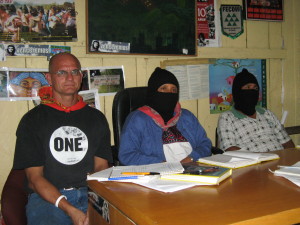
“As ‘Voluntourism’ Explodes In Popularity, Who’s It Helping Most?” posted on the Carrie Kahn’s “Goats and Soda” blog at NPR offers some soft challenges to the idea of voluntourism. As is often the case, though, commenter ‘ on the post was even more informative and incisive. I include the whole comment because it is so well written and expresses many points with which I agree.
“The voluntourism trend has given countless white middle-class western kids the opportunity to get a glimpse of what life is like for most of the rest of the world. After a couple weeks of squat toilets, intermittent electricity, and massively overcrowded public transportation, they fly home to tell their families about how life-changing it was to teach English to brown children and get over their fears of cockroaches. All well and good for those who have the resources to pay for a trip like this, and I sincerely applaud the good intentions– the world needs more people with their eyes open to the plight of others, and a bit of international awareness. But, can we all stop trying to pretend that voluntourism isn’t another form of soft colonialism?
Consider this hypothetical situation: you are planning a two-week trip to Nicaragua to build a school for orphans. You are spending thousands of dollars on airfare, and likely another fee for signing up with the school-building organization. During your stay, you will very likely do shoddy construction work, have “meaningful interactions” with adorable kids in your terrible Spanish, get mild food poisoning, and reinforce the image of Rich White People as Saviors of the Third World. After you leave, the building may or may not be used for its intended purpose. Perhaps more volunteers, or else locals with proper expertise, will have to undo the poor work that you did with such good intentions. In any case, you feel satisfied, the poor people have a school, and now you can all go home and continue your own lives.
But. What about the unemployed carpenters in that village? Why not spend a fraction of the money you used to pay your travel there, and employ them to do a proper job? Or sponsor the whole community to build it together, thus creating a sense of responsibility towards the building and its future? And what about the school itself, what happens when the organization leaves, having done what it set out to do, and there is no money to pay a teacher or buy schoolbooks for the adorable orphans? Maybe the building will be repurposed as a shed for animals, or will slowly fall into disrepair. It might just end up being “that place the the gringos built that can’t be used because they nailed the roof on wrong.”
I don’t wish to discourage anyone from applying their goodwill. I just urge us all to critically examine the implications of our actions, individual and collective, and try to examine the source of the problems that we are so keen so solve instead of addressing the surface. From a position of privilege, can we take a more informed view of the vast socio-economic discrepancies directly caused by our own complicity in a system which values capital over life? Of course the world needs help. And it’s a beautiful thing that there are so many people ready to offer what time and money they have. But the benefits of voluntourism are largely an illusion.
I think the term ‘soft colonialism’ is worth a deeper look, to be sure. Are we, from the US who travel abroad, as Ivan Illich argued long ago, nothing more than ‘salespeople for the middle class American way of life’? This idea deserves more in depth exploration, and Daniel Dennett presents us with the fairly well articulated concept of ‘dangerous memes.’ In short, the argument goes, you can inoculate against disease viruses but ‘viruses of the mind’ are potentially even more damaging, infecting most dramatically the young [African, for example] children who crowd around the mzungus, their minds not yet fully protected because their cultural learning is still in process. Richard Dawkins, originator of the term “meme” (in his 1976 book The Selfish Gene), elaborates on the idea of ‘viruses of the mind’ in his 2003 book The Devil’s Chaplin.
Doing harm?
Making detailed note of a specific -and perhaps insidious- form of voluntourism, visiting orphanages in the developing world, Rafia Zakaria in his article “The white tourists burden” explains that, “Volunteerism presents an escape, a rare encounter with an authenticity sorely missed, hardship palpably and physically felt – for a small price.” He is among may who are asking the question about whether or not voluntourism is doing more harm than good.
Scanning down the list of blog posts -some very on point and other not so much- on this Huffington Post site is useful and can serve to shed light on the good, the bad and the ugly of voluntourism. Of particular note is the blog post that went viral by Pippa Biddle entitled “The problem with little white girls (and boys): why I stopped being a voluntourist” where she chronicles her transformation of perspective on her efforts to ‘help.’
My thoughts on this topic were put into some words of “Advice for new college graduates out to save the world“, though you’ll find nothing terribly new in this piece it may sum up some of what you have read above.
Summary thoughts
Can the visitors to the Amman headquarters of the hundreds of INGO’s all be painted with one brush, all voluntourists? Of course not. But for the ones where ‘the shoe does fit’ strong reaction is perhaps appropriate. We should never proceed blindly as we seek to address our need to show -and act on- our empathy toward others, wherever this may happen. Though we all need to avoid the “paralysis of analysis” that this self-questioning can generate, we must never act as if knowing the real impact of our actions is not relevant, despite our best intentions.


 Follow
Follow
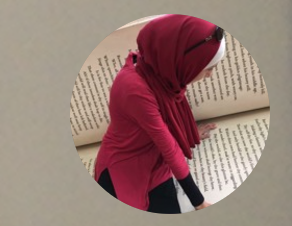
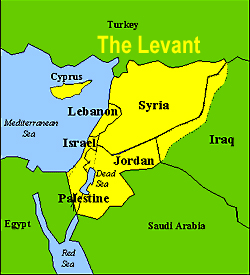
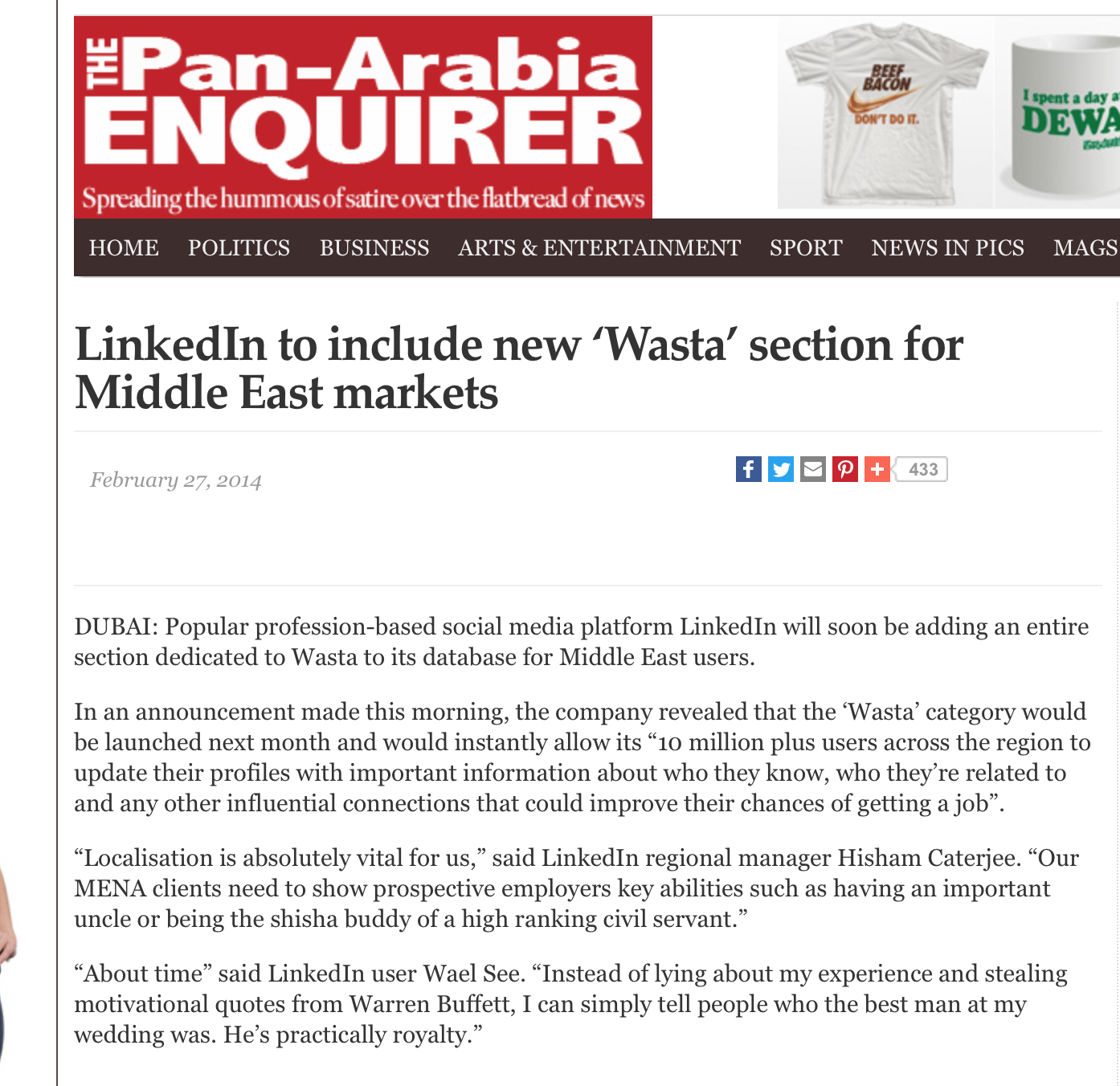
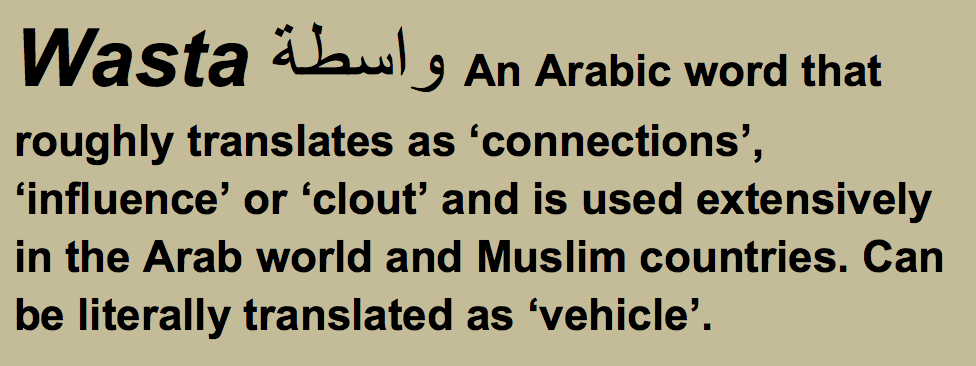
 wasta permeates the Middle Eastern culture but may hamper development since it inherently circumvents the processes and protocols of international organizations and businesses. They suggest the wasta must be understood and adapted to by outsiders rather than ignored.
wasta permeates the Middle Eastern culture but may hamper development since it inherently circumvents the processes and protocols of international organizations and businesses. They suggest the wasta must be understood and adapted to by outsiders rather than ignored.

